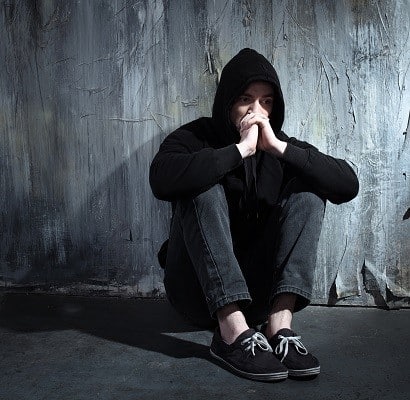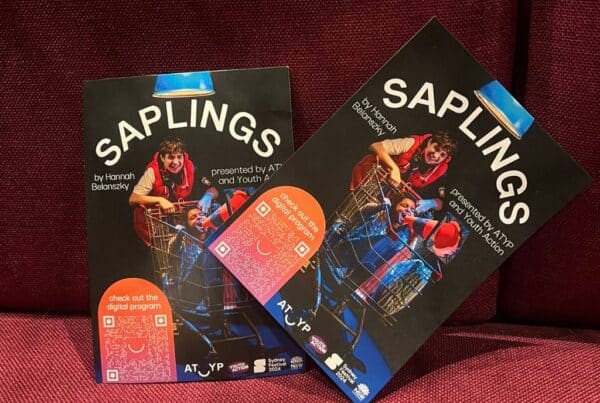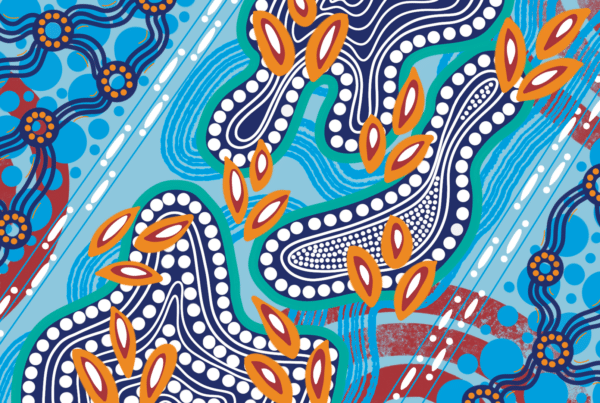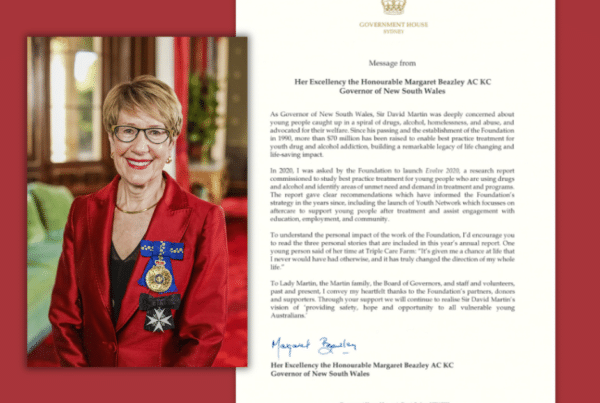There are plenty of reasons given for legalising – or decriminalising – drugs including eliminating the criminal market place and reducing crime, making drug use safer, de-stigmatising use, taxing drug sales in the same way tobacco or alcohol currently are. And there is certainly some truth and value in these arguments.
It has been interesting to watch the slow decriminalisation of marijuana use in NSW – maybe this is a sign that Governments and society are slowing moving to a more liberal position on legalisation or decriminalisation. However at the same time legalising something doesn’t stop it being a problem. Alcohol, tobacco and gambling have all been legal for a long time, but the costs and crimes associated with alcohol dwarf all other drugs. The results of tobacco smoke are one of the biggest drains on our health service. Gambling addiction is as big a societal issue as it has ever been. Despite all being legal, there is still huge stigma attached to these addictions.
It has been put to me that money spent on rehab services at Triple Care Farm might be better spent on anti-drug education that discourages young people from using drugs in the first place. But we as a community do spend a lot of money on anti-drug education and on education around alcohol, smoking and gambling. Yet there are still those who get into strife with all these issues.
So – should we pull all funding away from people who are in trouble with drugs, or drink, or gambling and who want to escape addiction in any form? Of course not. The role of services like Triple Care Farm is, and will always be, vital to support those who have fallen, to get back on their feet again.
Legalising or decriminalising drugs will not stop them being a problem. It may potentially create a bigger issue. Whilst some other countries have more liberal approaches to drug use, there is no clear precedent for what would happen should we go down this path.
The approach taken at Triple Care Farm is a non-judgemental approach based around addressing the issues that lead to drug use (incl mental health and social issues), that compound addiction (unemployment, homelessness etc) and that arise from substance use (via a harm minimisation approach).
Harm minimisation aims to reduce the harmful effects of substance use. It is a common approach based on the belief that drug use, both licit and illicit, is an inevitable part of society, and ranges from occasional use to dependent use, that a range of harms are associated to different types and patterns of use and a range of approaches can be used to respond to these harms.
The Triple Care Farm rehab program doesn’t expect young people will be 100% abstinent from addictive substances for the rest of their life. It is unrealistic and ineffective to expect young people never to have a beer, smoke a joint or take party drugs ever again. However by addressing the issues leading to addiction in the first place, and by supporting a harm minimisation approach, Triple Care Farm gives young people the opportunity to live their lives free from the harmful impact of addiction.
Alex Green





